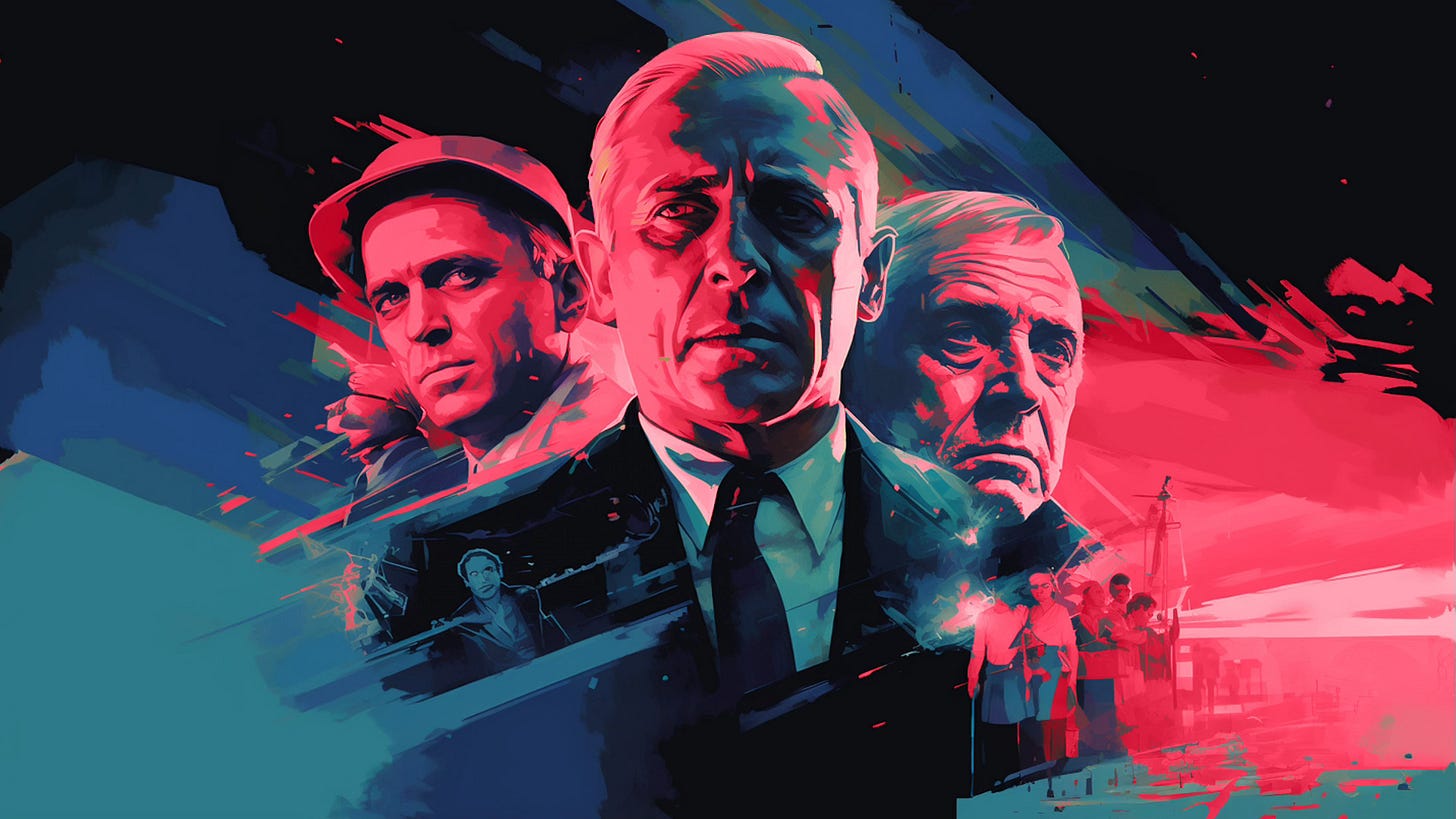How the World's Top Oil Trader's Corruption Came to Light
Unveiling the impact of bribery in the global oil trade
The recent conviction of Javier Aguilar, a former Vitol trader, marks a rare moment of accountability within the global commodity trading industry. Aguilar's trial has peeled back the layers of a complex international bribery scheme, exposing a culture of corruption that has persisted despite claims of reform.
At a seemingly mundane business lunch at a hotel in Houston, Aguilar and two Ecuadorian brothers, Antonio Peré and Enrique Peré, discussed the logistics of continuing their bribery payments amidst growing scrutiny. Unknown to Aguilar, the Peré brothers were cooperating with the FBI, leading to his eventual arrest and conviction on charges of bribery and money laundering, facing up to 30 years in prison.
This case is significant not only for its individual implications but for what it reveals about an industry accustomed to operating in the shadows. Despite modern claims of transparency and anti-corruption efforts, the trial showcased how traders, through layers of intermediaries and opaque financial structures, continue to engage in corrupt practices.
A Broader Look at the Commodity Trading Industry
The revelations from Javier Aguilar's trial peel back the curtain on an oil trading industry marred by corruption, revealing practices that, while shocking, are not isolated incidents. This scandal illuminates a global industry where the pursuit of profit often overshadows ethical considerations. The implicated firms—Vitol, Trafigura, and Gunvor, among others—represent titans within the commodity trading world, with Vitol alone reporting sales of $505 billion in 2022. This figure not only highlights the company's economic clout but also places it in the realm of the world's largest corporations, underscoring the significant impact these traders have on global markets and economies.
The trial sheds light on a deeper issue: the lack of stringent oversight and regulation in an industry fundamental to global energy security. Despite their colossal scale and influence, commodity traders have operated in a regulatory vacuum, often obscured by complex international networks and financial structures designed to obfuscate their dealings.
Ecuador's ordeal is emblematic of the broader consequences of such unchecked corruption. The country, reliant on oil revenues and grappling with economic challenges, found itself victim to a systemic exploitation of its resources. The testimony revealed how these trading behemoths leveraged Ecuador's fiscal vulnerabilities, engaging in bribery and corrupt practices that diverted billions from the state's coffers—money that could have been invested in addressing poverty and developing the nation's infrastructure.
This case not only exposes the pervasive corruption within the commodity trading industry but also calls into question the sufficiency of current regulatory frameworks and the moral compass guiding these trading giants. It underscores the urgent need for reform, demanding a reevaluation of the mechanisms in place to oversee an industry that holds a critical place in the global economy.
The Path Forward
The case of Javier Aguilar offers a glaring spotlight on the urgent need for comprehensive reform in the global commodity trading sector. Despite claims of improved governance and anti-corruption efforts, this instance of misconduct unveils the critical gaps that still exist. To chart a more ethical and transparent course, consider the following actions:
Enhance Regulatory Frameworks: Current regulations are often outmatched by the sophisticated methods used to conceal corruption. Updating legal frameworks to address modern corruption tactics, including the use of offshore accounts and intermediaries, is essential.
Implement Transparent Reporting Standards: Companies should be required to publicly disclose their financial dealings and partnerships. Transparency initiatives, like the Extractive Industries Transparency Initiative (EITI), can be expanded to include all major commodity traders.
Empower Whistleblowers: Protecting and incentivizing whistleblowers is crucial for uncovering corruption. Legal protections should be strengthened, and rewards programs could be implemented to encourage the reporting of unethical practices.
Public and Private Sector Accountability: Both sectors must hold their counterparts accountable, with governments imposing strict penalties on corrupt companies and industry leaders committing to ethical business practices.
Closing Notes
The revelations from Aguilar's trial prompt a critical examination of the measures necessary to combat such entrenched corruption. Despite industry efforts to bolster compliance and end questionable practices, skepticism remains regarding the efficacy and sincerity of these reforms.
As we reflect on the Vitol case and its implications for the commodity trading industry and beyond, it's clear that the fight against corruption requires vigilance, commitment, and collaborative action. We must continue to support whistleblowers, advocate for stringent regulations, and demand accountability from corporations and governments alike.


